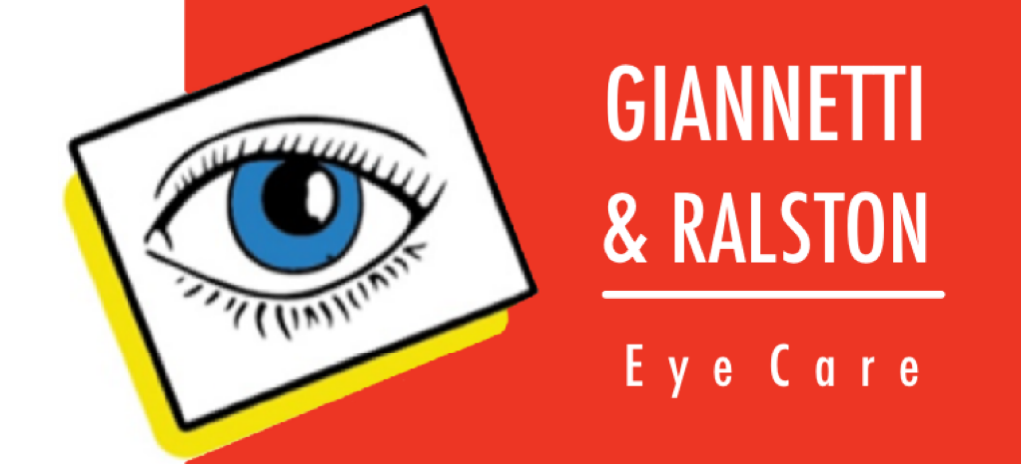Contact Lenses
Since 2002 there have been many advances in the materials contact lenses are made from. Patients that may have not been successful wearing contact lenses in the past may have an opportunity to try contact lenses again. We routinely fit lenses for more difficult vision issues such as high amounts of astigmatism, bifocals, and dry eye patients. Patients with kerataconus and previous eye surgery are also often candidates for contact lenses.
Lens Materials
There are a multitude of materials used for soft and rigid contact lenses. Each has properties that make it desirable for various circumstances. Your eye doctor will choose a lens appropriate for your needs and eyes.
Disposable Contact Lenses
Lenses designed to be disposed of regularly. Typically the term refers to lenses intended to discard daily, weekly, or every 2 weeks. These lenses may be either daily wear or extended wear.
Daily Disposable Contact Lenses
Soft lenses designed to be disposed after every use. Usually dispensed in packs of 30 or 90 lenses. Stay very clean and are never stored in disinfecting solution.
Daily Wear Soft Contact Lenses
Lenses not suitable for wearing while sleeping. These lenses are usually very durable and resistant to deposits. However usually allow relatively low amounts of oxygen through to the eye.
Extended Wear Soft Contact Lenses
Lenses that are designed to allow enough oxygen to potentially allow safe lens wear overnight. This doesn’t ensure that extended wear will be safe for every patient. You must check with your eye doctor to determine if this is appropriate for you. Many doctors prescribe extended wear lenses for daily wear use.
Rigid Contact Lenses
Often called “hard lenses”, modern rigid lenses are rigid gas permeable lenses. At times in the past some people have called these lenses “semi-soft” lenses because they allowed oxygen to pass through the lens material like a soft lens did. We have always felt this was misleading. These lenses are just as rigid as a “hard” lens. However these lenses are much healthier for your eyes than the older “hard” lenses.
Soft Contact Lenses
These lenses are truly soft, very much like a sponge. They absorb water as well as other contaminants from water, air, patient’s fingers, or from other chemicals coming in contact with the lens. They are generally very comfortable to the eye.




